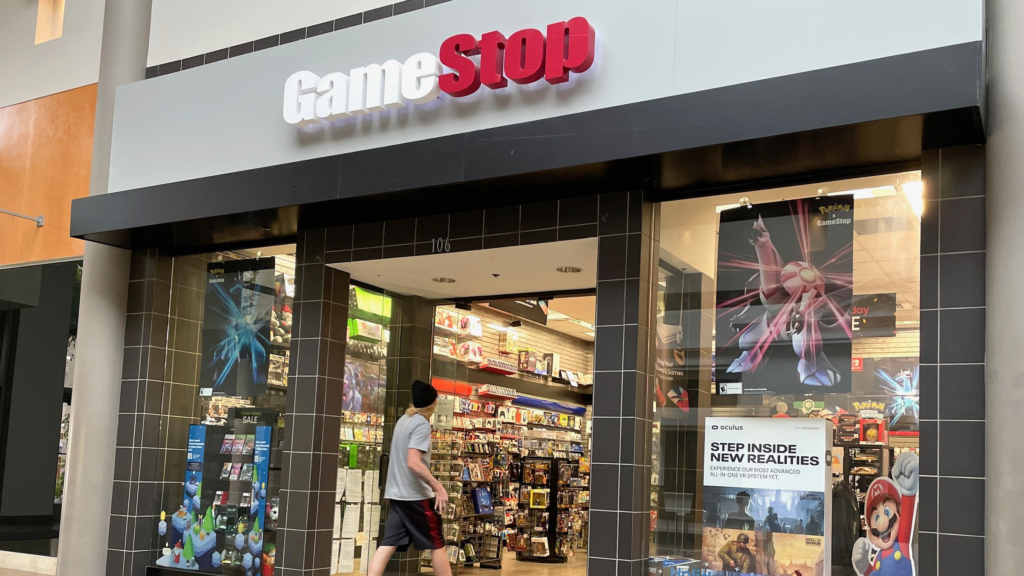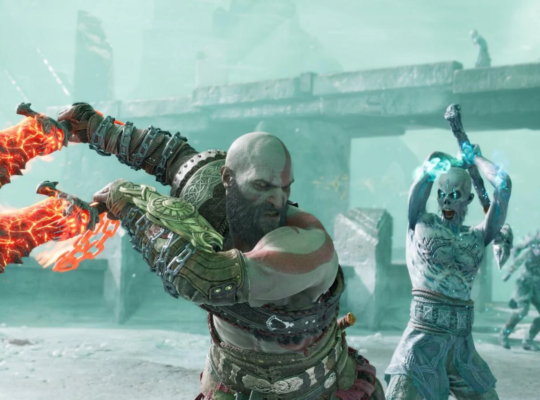GameStop is making a major pivot — and trading cards are at the heart of it.
GameStop is making a major pivot — and trading cards are at the heart of it.
During the company’s 2025 Annual Meeting, CEO Ryan Cohen revealed that GameStop just posted its first profitable Q1 since 2019, thanks to aggressive cost-cutting measures. That included trimming staff, reducing excess inventory, shuttering unprofitable locations, and exiting underperforming regions.
But perhaps the most interesting shift came when Cohen laid out what he sees as the company’s future: trading cards. From Pokémon TCG to sports and collectibles, GameStop is leaning into cards as a core product.
“We’re focusing on trading cards as a natural extension of our existing business,” Cohen said. “They fit our retail model, resonate with our core customers, and unlike digital games or hardware, they’re tactile and offer high profit margins.”
Cohen positioned trading cards as a logical next step for the company’s brick-and-mortar roots — a physical product in high demand that aligns with GameStop’s customer base. Still, not everyone was sold on the idea. The announcement caused GameStop stock to drop 22%, signaling skepticism from investors.
That said, the trading card boom is real. Pokémon cards, in particular, have become a cultural and financial phenomenon. Since one ultra-rare card sold for over $5 million in 2022, prices have skyrocketed. The demand has even triggered a wave of high-profile thefts — from a $250,000 card heist in Minnesota, to a UK man arrested with over $330,000 in stolen cards, and even a police officer allegedly stealing from Walmart.

Cohen used the meeting to contrast GameStop’s culture with what he called “corporate America bloat,” claiming the company doesn’t waste time with “Zoom meetings or PowerPoint decks.” He criticized executive overreach, performative DEI programs, and short-term thinking on Wall Street — positioning GameStop as a no-nonsense alternative.
That no-nonsense approach also includes some unconventional financial moves. Earlier this year, GameStop confirmed it would close a significant number of stores and update its investment strategy to include Bitcoin as a treasury asset. The company hasn’t put a cap on how much Bitcoin it might buy and said it reserves the right to sell any amount at any time.
With retail cards booming and crypto entering the mix, GameStop is clearly betting on physical goods and digital assets to carve out its next chapter — one pack of cards at a time.





